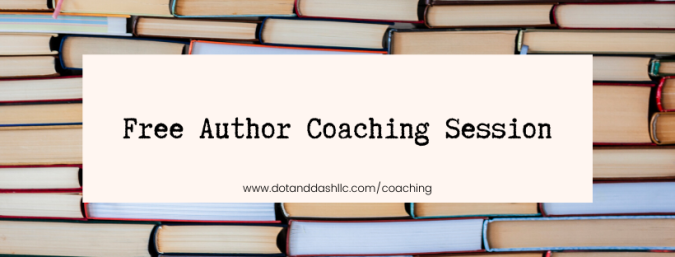
The shipwreck wracked the vessel.
What’s the difference between rack and wrack? Let’s take a look at their definitions, how to use them in popular phrases, and a mnemonic device to help you remember which is which.
Rack as a verb means “to torture or cause great suffering.”
Example: Her anxiety racked her mind.
Have you ever heard of the medieval torture device called the rack? It was a wooden frame with a crank attached to it. When a person was placed on the rack, the torturer would crank the device, stretching the person’s limbs until they dislocated them. Sounds like fun times.
Anyway, that’s where we get this usage of rack. And when we use it, we signify torturing, especially stretching.
Wrack as a verb means “to wreck or ruin something.”
Example: They sat back as they watched pollution wrack their planet.
Wrack comes from a word meaning “to be shipwrecked.” Both of these words have pretty gloomy origins, don’t they?
Now let’s go over a couple common phrases using one of these words.
Rack your brain
When you rack your brain, you are thinking really hard, stretching your brain’s capabilities. This idea of stretching is why we use rack instead of wrack.
Example: I really racked my brain studying for my chemistry final.
Nerve-racking
Something that is nerve-racking tortures your nerves. This idea of torturing is why we use rack instead of wrack.
Example: I found studying for my chemistry final nerve-racking.
Similar meanings
It’s true that rack and wrack have very similar uses. This is why some dictionaries, such as Merriam-Webster, are advocating for using the words interchangeably and treating them as spelling variants.
Mnemonic device
To remember the difference between rack and wrack think: wrack = wreck. They are only one letter off.
Erin Servais is the founder of Dot and Dash, LLC, an author-services company focusing on women writers and offering a range of editing, coaching, and social media packages.
Sign up for the Dot and Dash newsletter to get writing tips and tricks and exclusive deals.
Follow Dot and Dash on social media.
Twitter: @GrammarParty
Instagram: @dot_and_dash_llc
Facebook: facebook.com/dotanddashllc
Pinterest: www.pinterest.com/dotanddashllc

Claim your free author coaching session here: https://www.dotanddashllc.com/coaching





